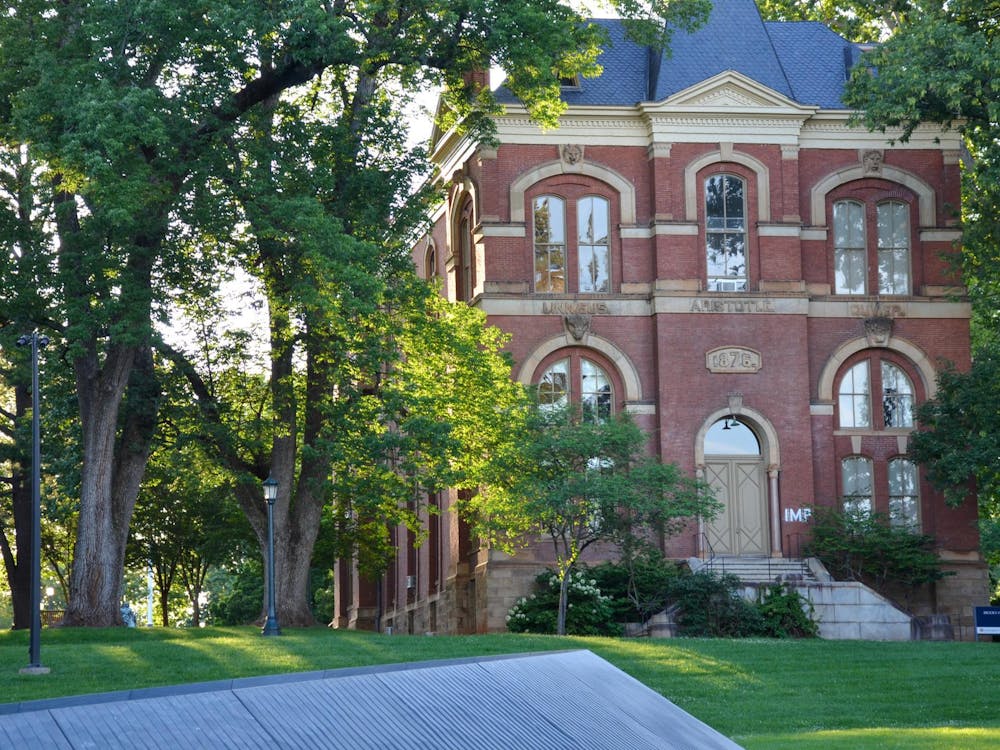The University continues to fight legal battles in court over the work of the student-run Honor and Judiciary Committees.
University lawyers went before U.S. District Court Judge Norman K. Moon Monday to move to dismiss the Honor and Judiciary lawsuits before they go to trial.
Harrison Kerr Tigrett filed a $1.25 million lawsuit against the University Board of Visitors, President John T. Casteen III, William W. Harmon, vice president for student affairs, and the Judiciary Committee, claiming he was denied due process of law in the Committee case involving the Nov. 21, 1997 assault on then first-year College student Sandy Kory.
Assoc. General Counsel Richard Kast said the University does not think Tigrett was denied due process and therefore the case should not go to civil trial.
Tigrett was convicted in criminal court of aiding in the assault. The Judiciary Committee expelled Tigrett, along with Richard W. Smith and Bradley Kintz, Nov. 21, 1998.
Smith, Tigrett and Kintz appealed the decision, and the Judicial Review Board ruled the Committee had to hold a retrial because Smith, Tigrett and Kintz were not present at their original trial. The UJC then turned the case over to William W. Harmon, vice president for student affairs. Harmon appointed a panel of faculty, administrators and one student to make reccomendations to Casteen on the case. The case then was sent to Casteen, who ruled that Smith would receive a two-year suspension, Tigrett a one-year suspension and Kintz a one-semester suspension. The three then appealed to the JRB, which upheld Casteen's ruling.
The other lawsuit the University moved to dismiss was an unrelated case against the Honor Committee involving 1992 Architecture graduate Ayola Greene. In 1995, the University revoked Greene's degree, convicting her of writing a series of bad checks totaling $150 while she was a student at the University.
Greene sued the Honor Committee for $10.5 million, claiming she did not write bad checks knowingly, never received notification of her trial and that being described as "black" led to unfair proceedings.
The University said the statute of limitations on her case expired in 1997, making her ineligible to restate her case since it was two years after she received notice her degree would be revoked. But Greene said she kept in contact with the University regarding the revocation until 1998, so she claims her statute of limitation has not expired.
Honor Committee Chairman Hunter Ferguson said he supports the University in its attempts to dismiss the case.






